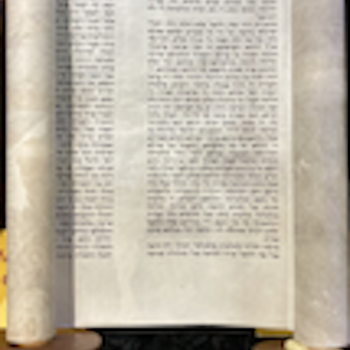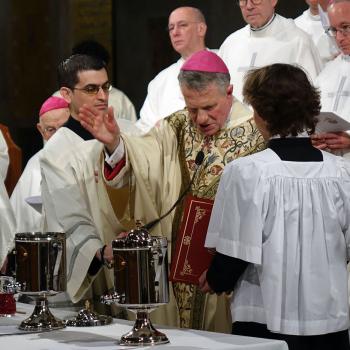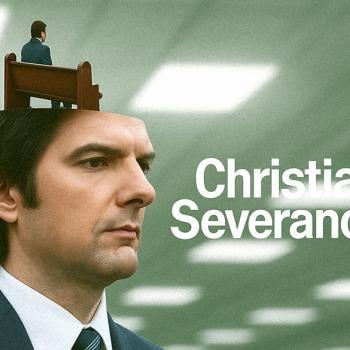It's no secret that many theologians and economists regarded capitalistic endeavors as sub-Christian (Tillich termed them "demonic"), de-humanizing (to borrow the image of Weber), and downright vain (Tawney's famous vulgar itch of acquisitiveness). The plausibility that human beings could govern themselves under a system of laws that sought to guarantee equality under the law was unacceptable as this allowed far too many contingencies that were not controllable. A completely "just" society could not be guaranteed without strengthening the powers of a leveling government.
As a result, inequality has become the modern theological understanding of sin in its fullest form, even as atonement and justification have been redefined as economic remedies to cure the ailing wounds of poverty. In the words of the modern Wallace—Jim Wallis—"'Matthew 25 Christians' are truly Christians when they are protecting 'the least of these.'"
As word spreads about the abuse and fraud seemingly endemic to the entitlements of the American government (Medicare, Medicaid, and Social Security prominent among them), spirituality—particularly the words of Jesus—seems to be the shield du jour of those who seek to protect any reform of programs that arguably keep the poor trapped in downward spirals of poverty. It is ironic that the United States teeters on the edge of bankruptcy somewhere between Christ and capitalism.





